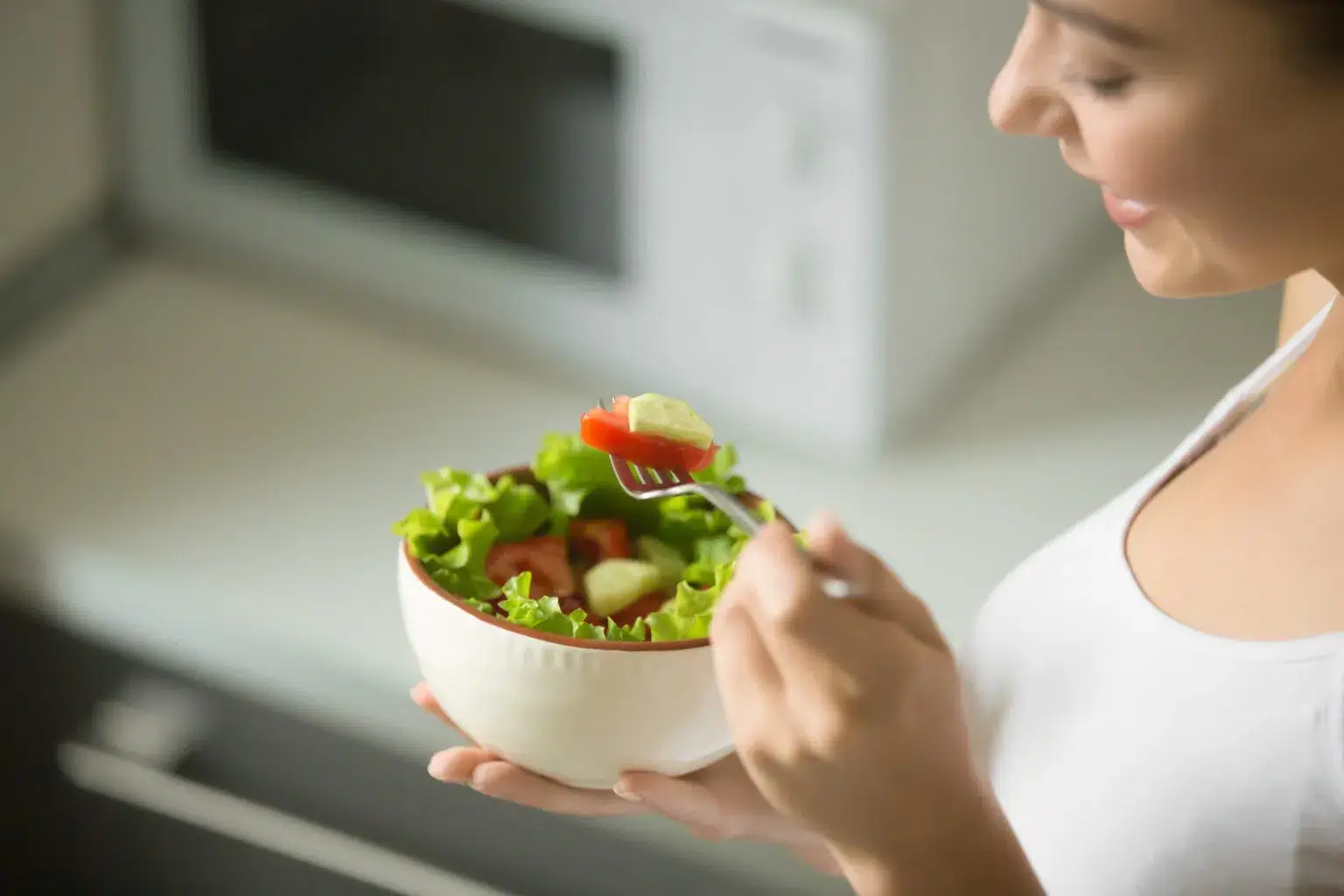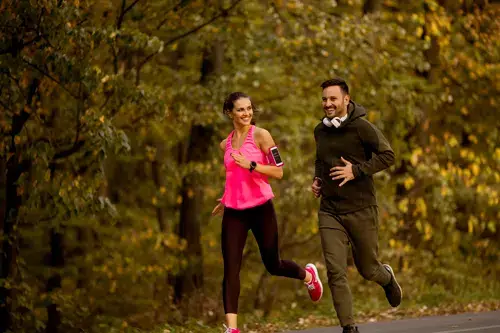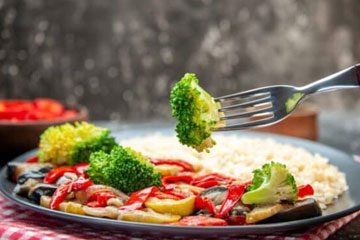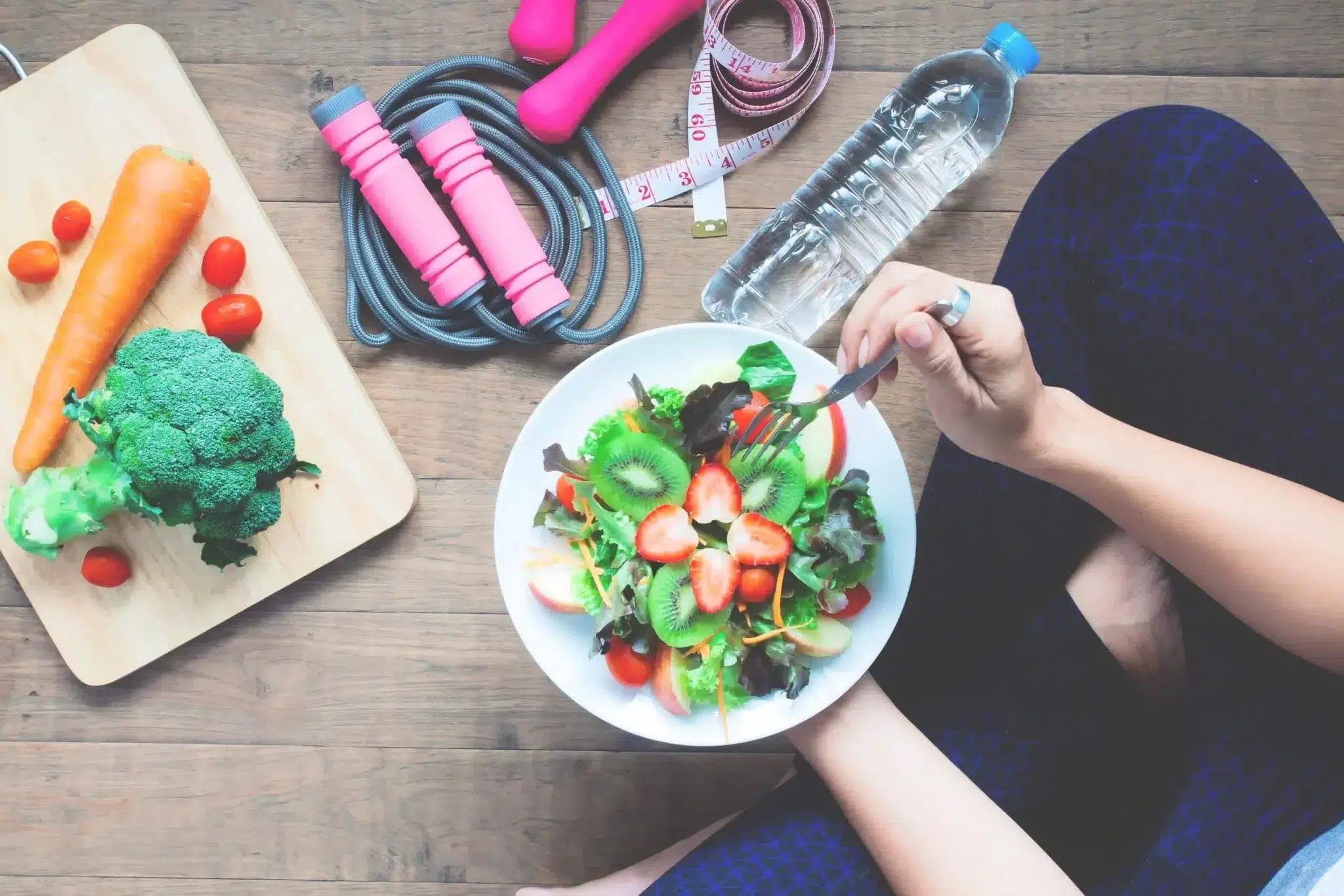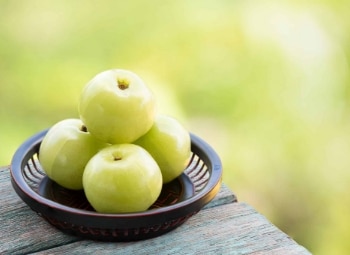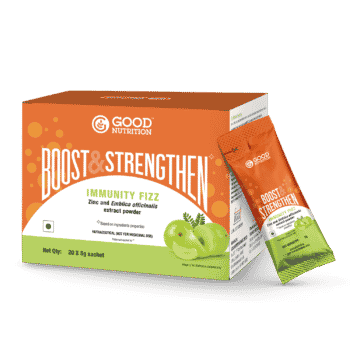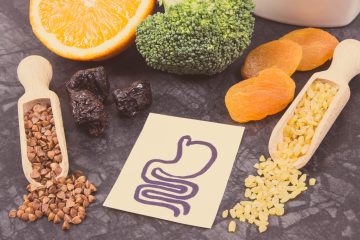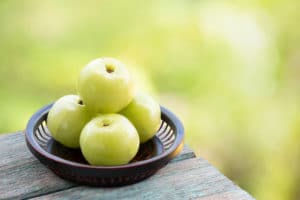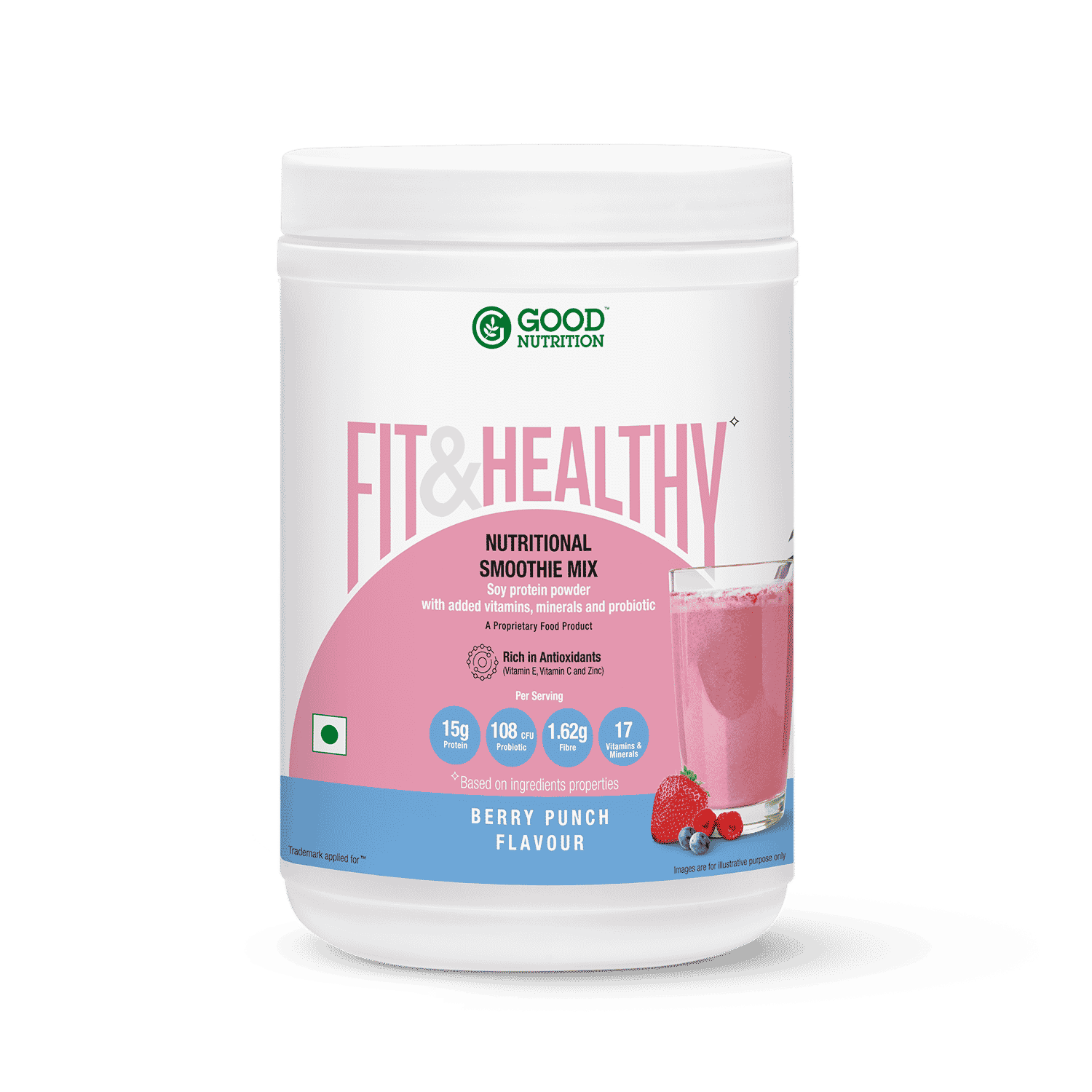Iron is an important micronutrient that is essential for various functions in the human body. It is crucial for cellular growth, oxygen binding, transport and storage, enzymatic reactions, immune function, mental and physical growth.
What is Anaemia?
Anaemia results from a reduced amount of red blood cells in the body. Anaemia is a metabolic disorder where haemoglobin levels are less than 12 in females and 13 in males. It leads to reduced oxygen flow to the body’s organs.
Iron-deficiency anaemia is a major public health problem in India. Iron-deficiency anaemia is the world’s most widespread nutritional disorder.
Statistics about Anaemia in India
According to the National Health Family Survey-4(NHFS-4) report, 58.4% (urban=55.9%; rural=59.4%) children aged 6–59 months are anaemic (<11.0 g/dL) in India.
According to the state of food security and nutrition in the world 2020 report, in 2016, nearly 51.4 per cent of women of reproductive age (15years- 49years) in India were suffering from anemia. More than half of children and women population of reproductive age are anemic in India. Anemia in preschoolers impact their cognitive and physical development and can have long term impact on their health. Anemia in adults and especially women reduce their work productivity.
Causes of iron deficiency anaemia:
- Diets deficient in iron- this is one of the most common causes of iron deficiency. Inability to incorporate iron rich foods in the diet and not having balanced meals can cause iron deficiency anaemia.
- Inability to meet increased iron requirements – certain milestones especially in a women’s life like puberty, pregnancy and lactation and growth spurts in children requires increased levels of iron. If these requirements are not met through diet, can cause anaemia.
- Blood loss- blood loss via any kind of gastrointestinal bleeding or menstrual bleeding can cause decrease in the iron levels and thus anaemia.
- Malabsorption of iron- Any kind of gastrointestinal abnormalities can hamper the absorption of iron in the body and result in iron deficiency anaemia.
Symptoms of iron deficiency anaemia:
- Abnormal paleness or lack of colour of the skin
- Irritability
- Lack of energy or tiring easily (fatigue)
- Decreased concentration
- Increased heart rate (tachycardia)
- Sore or swollen tongue
- Enlarged spleen
- A desire to eat peculiar substances such as dirt or ice (a condition called pica)
Prevention of Anaemia
Eating a well-balanced and nutritious meal is the best way to prevent anaemia. Foods rich in iron and other vitamins like vitamin B12 and folic acid can help promote red blood cell production. There are two types of iron in the food- haeme iron and non haeme iron. Haeme iron is found in meat, poultry and seafoods. While non haeme iron is found in plant foods and foods fortified with iron. Both the haeme and non haeme iron are absorbed in the body but haeme iron is more easily absorbed as compared to non-haeme iron.
Treatment of Anaemia includes incorporating
-
- Iron rich foods like organ meat, poultry, fishes, legumes, green leafy vegetables, nuts and seeds and iron fortified foods on a regular basis in your diet
- Iron supplement. In case of severe deficiency, iron supplements are advised. They may take a few months to normalise the haemoglobin levels
- Evaluation for any kind of blood loss so that the cause can be treated.
